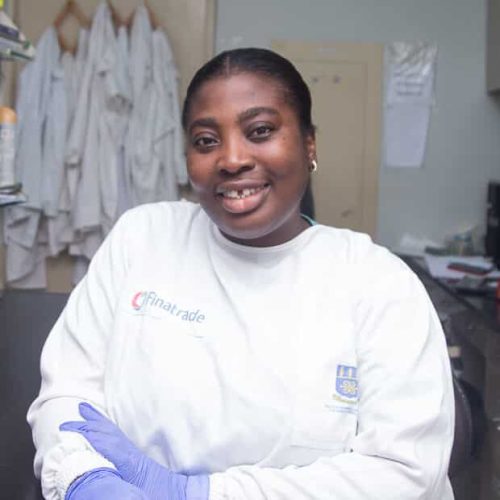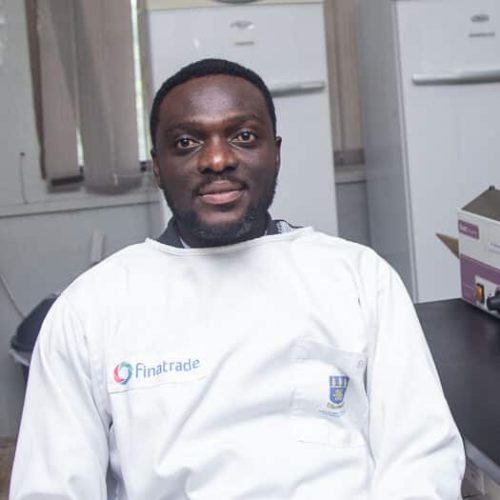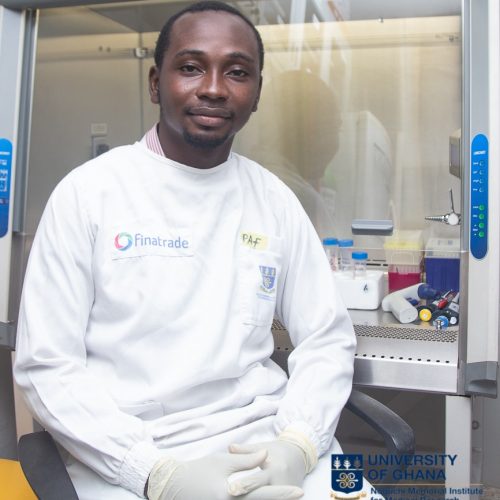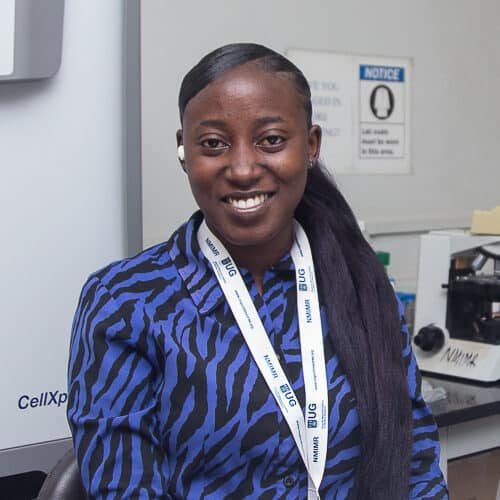Genetic polymorphisms associated with antimalaria drug resistance in Plasmodium falciparum population in Ghanaian
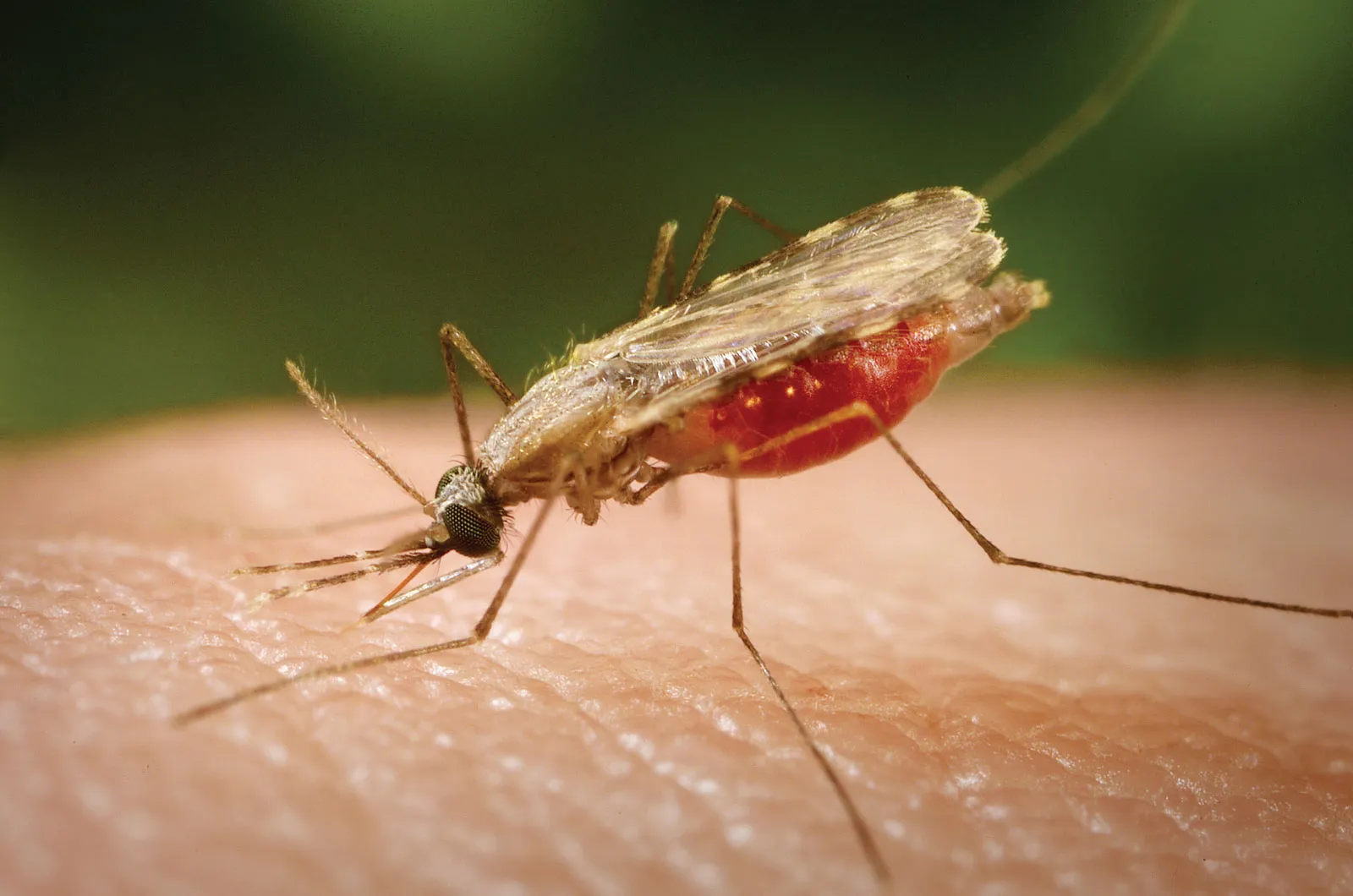

Malaria is still a devastating disease in Ghana especially in children and pregnant women. The NMIMR in collaboration with the National Malaria Control Program has been involved in Treatment Efficacy Studies before and after the change in treatment policy in 2005. The artemisinin-based combination therapy (ACT) drug regimens used for treatment of uncomplicated malaria are artesunate-amodiaquine (AA), artemether-lumefantrine (AL) and dihydroartemisinin piperaquine (DHAP) which have been used for about 17 years. There have been reports of presumptive treatment, noncompliance and the right use of the drugs which may contribute to the development, selection and spread of antimalarial drug resistance parasites due to drug pressure. Since the drugs have been used for years, genetic mutations linked to resistance are being monitored in the parasite population over time. The detection and characterization of the molecular markers of resistance is important for the evaluation of the possibility of the selection of resistant genotypes in parasites populations which serves as an early warning system for policy makers. The objectives are:
- Conduct molecular surveillance for molecular markers of antimalarial drug resistance in Ghanaian malaria parasites.
- Determine geographic and ecological diversity of the markers
iii. Describe the trends in the prevalence of the gene mutations in Ghana over the years and detect evolutionary patterns or signatures of selection.
- Hodoameda P., et al (2020). Plasmodium falciparum genetic factors rather than host factors are likely to drive resistance to ACT in Ghana. Malaria Journal 19(1):255. doi: 10.1186/s12936-020-03320-7.
- Matrevi, S. et al (2019). Plasmodium falciparum kelch propeller polymorphisms in clinical isolates from Ghana: 2007-2016. Antimicrobial Agents Chemotherapy 23:48. https://doi: 10.1128/AAC.00802-19.
- Osei, M., et al (2018). Amplification of GTP-cyclohydrolase 1 gene in Plasmodium falciparum isolates with the quadruple mutant of dihydrofolate reductase and dihydropteroate synthase genes in Ghana. PLoS One 13(9): e0204871. https://doi.org/10.1371/journal.pone.0204871
- Adams, T., et al (2018) Prevalence of Plasmodium falciparum delayed clearance associated polymorphisms in Adaptor Protein Complex 2 Mu Subunit (pfap2mu) And Ubiquitin Specific Protease 1 (pfubp1) Genes In Ghanaian Isolates. Parasites and Vectors 11:175. https://doi.org/10.1186/s13071-018-2762-3.
- Bushman, M., et al (2016). Within-host competition and drug resistance in the human malaria parasite Plasmodium falciparum. Proceedings of the Royal Society B 283(1826). doi: 10.1098/rspb.2015.3038.
- Duah, N. O.,et al (2013). Increased pfmdr1 gene copy number and a decline in pfcrt and pfmdr1 resistance alleles in Ghanaian Plasmodium falciparum isolates after the change of antimalarial drug treatment policy. Malaria Journal 2013 12:377.
- Duah, N. O.,et al. (2012). Surveillance of molecular markers of sulphadoxine-pyrimethamine resistance in Ghana after the change of malaria treatment policy. American Journal of Tropical Medicine and Hygiene 87(6):996-1003.
- Alam, T., et al (2011). Selective sweeps and genetic lineages of Plasmodium falciparum drug resistant alleles in Ghana. Journal of Infectious Diseases 203:220-227
- Duah, N.O.et al (2007). Mutations in Plasmodium falciparum chloroquine resistance transporter and multidrug resistance genes, and treatment outcomes in Ghanaian children with uncomplicated malaria. Journal of Tropical Pediatrics. 53(1):27-31.


